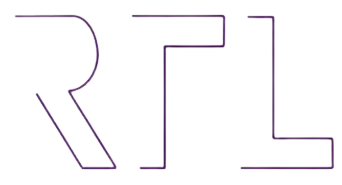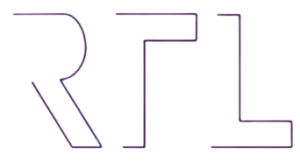The “metaverse” is the hottest ticket in town these days despite the fact there is no single definition of what constitutes the metaverse. Putting aside the definitional matter, there is a lot of money flowing into metaverse projects, which for better or worse means there are metaverse patents.
Now of course, if no one knows exactly what the metaverse is then how can you have a metaverse patent? It is a valid question, and one who deserves a more thorough answer for another day. For purposes of this blog post a metaverse patent is a pending patent application or issued patent that contemplates the metaverse in its filing. Put another way, a metaverse patent is a filing that mentions the metaverse. It is an imperfect measure, but it is a valid starting point to better understand where some of the technological know-how is being deployed to build the metaverse.
A simple search with no restrictions for the word “metaverse” in Google Patents results in 403 results. This search is likely underinclusive as it will not capture patent filings related to the metaverse that never mention the word metaverse, or those that are not yet public. That said there are a few interesting tidbits worth teasing out. The very first filing has a priority date of March 31st, 1988. For reference, Google would not be founded for another decade. Also, according to Google Patents, IBM is the ultimate assignee (the legal owner) for 11.6% of the filings in the dataset. The following is a chart that showcases metaverse patent filings year by year.

What does the above chart mean? Well, nothing really other than it shows there is at least some interest in filing for patents involving the metaverse, or at least filing for patents contemplating the existence of the metaverse. If you wanted to massage a trendline into the chart you could argue that things appear to be trending upward in the right most quadrant, but we need another year or two of data to really get an idea if that is true.
Whatever the metaverse may end up being, if anything at all, is an open question, but the legal spend on intellectual property matters, including patents, is likely not an open question in the short term.
Disclaimer
The material contained in this post is provided for informational purposes only and does not constitute legal advice nor in any way may it constitute an attorney-client relationship. The views expressed are those of the author and are not to be attributed to Rosario Tech Law, LLC or any of its clients. Always seek legal counsel prior to taking any actions based upon any information contained herein.


